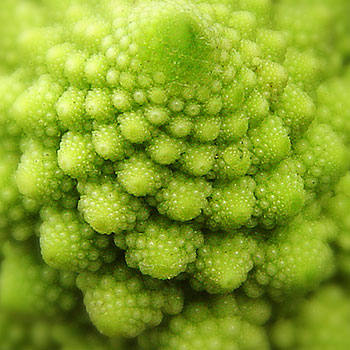Question #f956d
2 Answers
No.
Explanation:
Let's have a look.
Explanation:
Actually matters.
Let us take few cases:
(1). Square of even numbers.
This is not a perfect square.
Example
(2). Square of odd numbers.
This is not a perfect square.
Example
(3). Square of even & odd numbers.
This is not a perfect square.
Example
But there are certain cases when, the third condition gets satisfied.
In certain cases, sum of squares of an even & an odd number turns to be a perfect square.
For example
So, it does matter.
Hope it Helps:)


